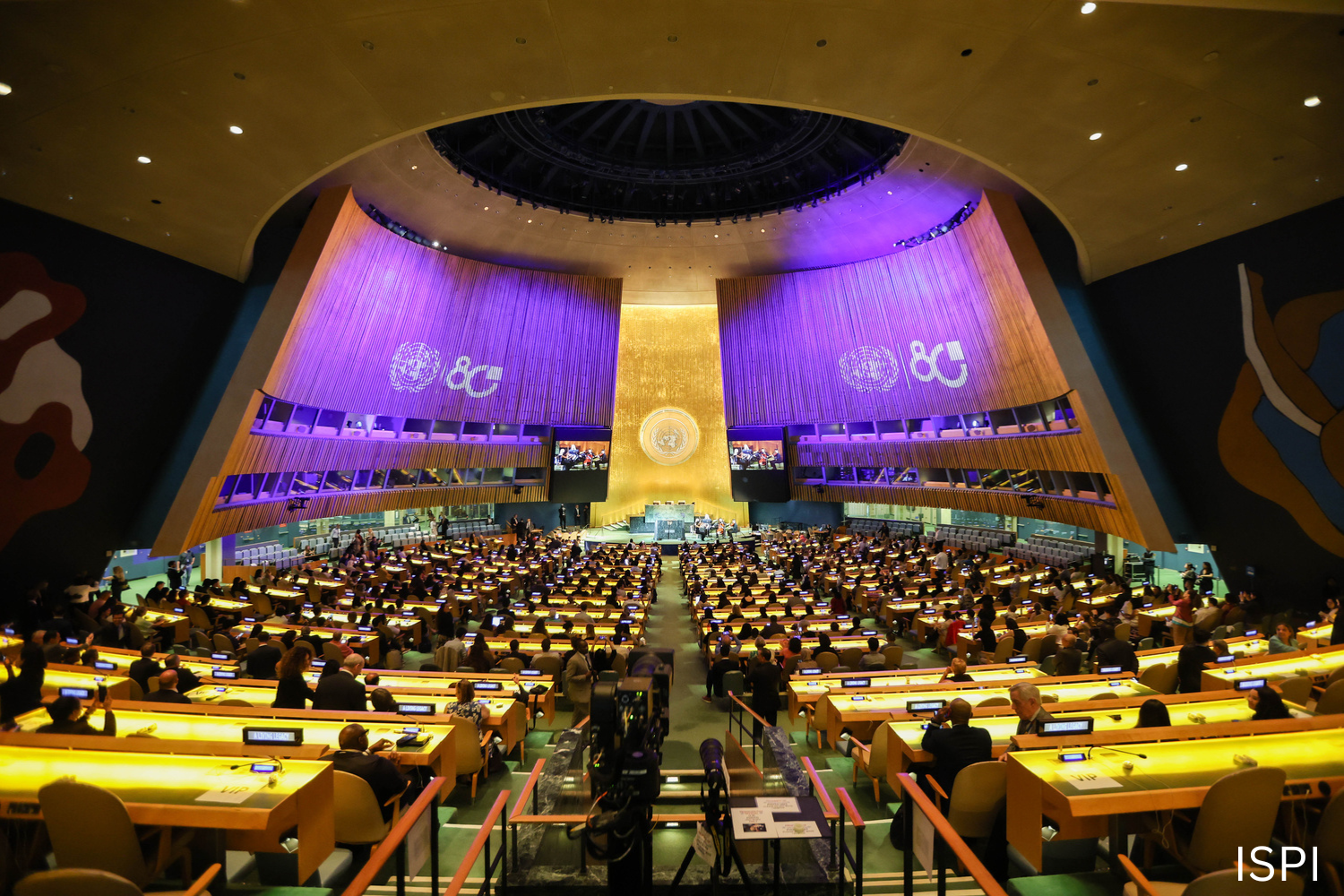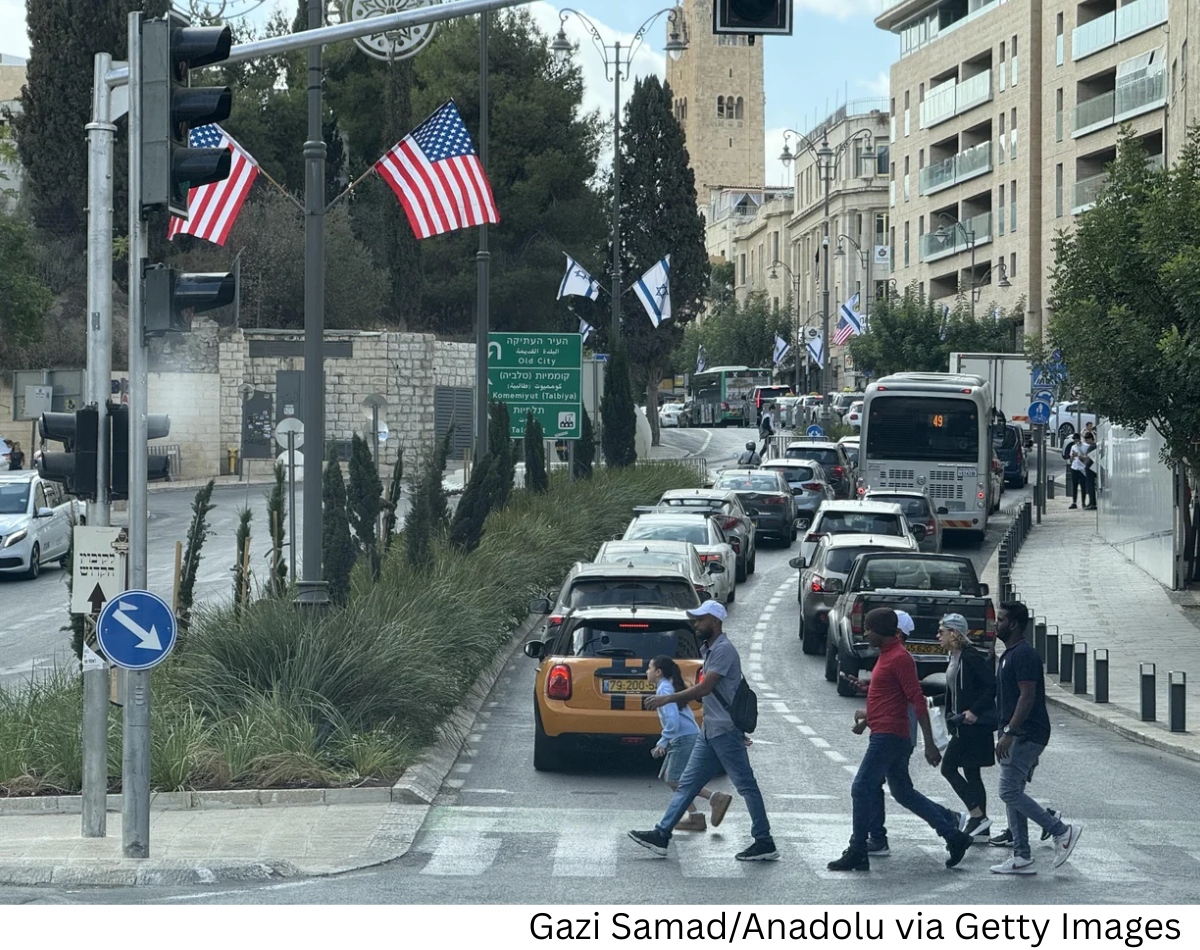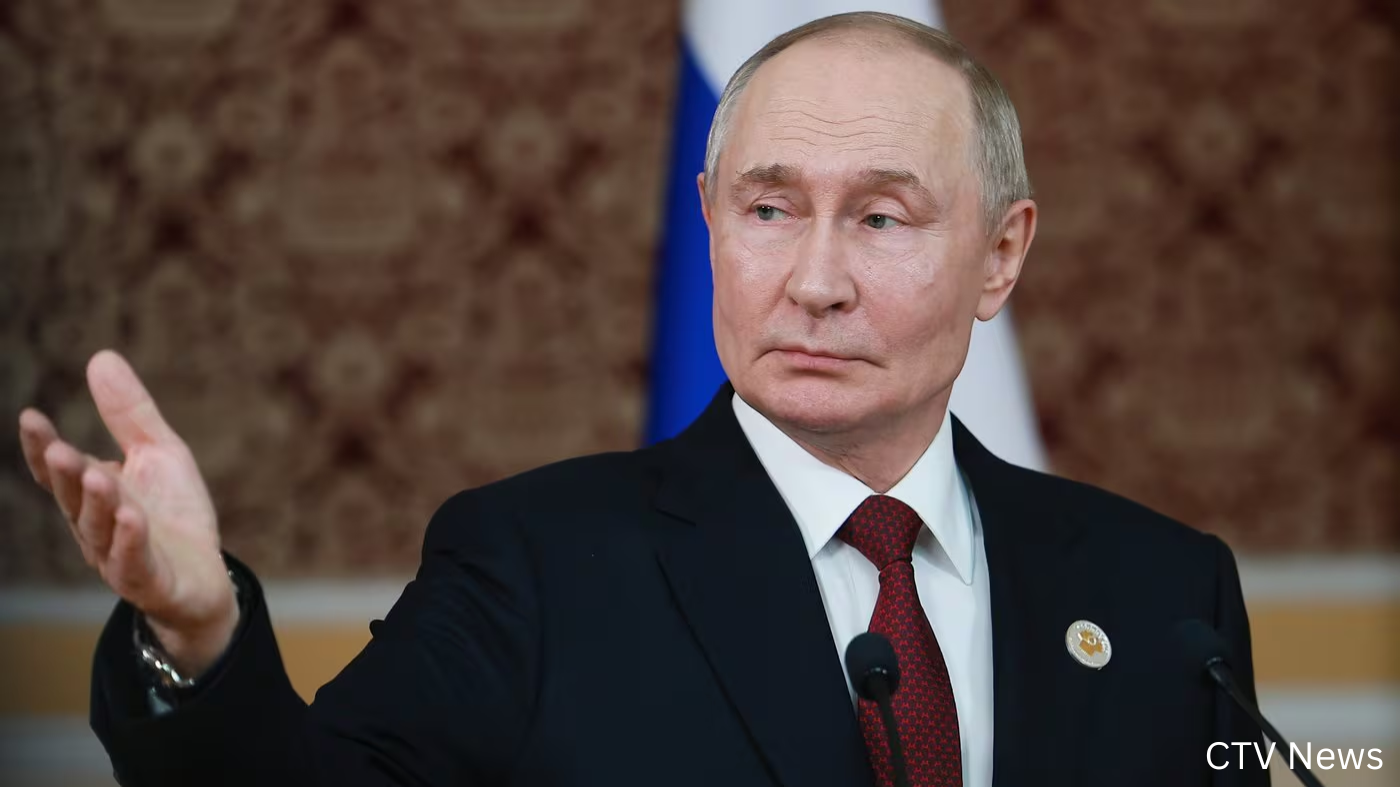The leaders of France, Germany, and the United Kingdom issued a joint statement Friday praising the “significant developments” in the Middle East, following the implementation of the first phase of President Trump’s peace plan to end hostilities between Israel and Hamas. The statement underscores broad international support for the ceasefire and the diplomatic efforts that made it possible.
Acknowledging Diplomatic Efforts
French President Emmanuel Macron, German Chancellor Friedrich Merz, and British Prime Minister Keir Starmer jointly welcomed the agreement, highlighting key achievements of the first phase, including the ceasefire, the planned release of hostages, and the resumption of humanitarian aid to Gaza. “We welcome the agreement on a ceasefire in the Middle East, the planned release of hostages, and the resumption of humanitarian aid to the civilian population of Gaza,” they said.
The leaders also commended the diplomatic efforts of regional mediators, including Egypt, Qatar, and Türkiye, whose coordination played a pivotal role in bringing the parties to the negotiating table. They acknowledged the broader support from neighboring countries and regional actors in ensuring that the ceasefire could be implemented effectively and sustainably.
Trump’s Leadership Recognized
The statement singled out President Trump for his leadership in brokering the ceasefire and guiding the first phase of the 20-point plan. According to the European leaders, his administration’s engagement, combined with regional mediation, helped create the conditions necessary for the agreement. “We pay tribute to President Trump's leadership on the issue, to the diplomatic efforts of the mediators, Egypt, Qatar and Türkiye, and to the vital support from the wider region to secure the agreement,” the leaders said.
Their comments reflect international acknowledgment of the U.S.-led diplomatic initiative, which includes the release of hostages held by Hamas, reciprocal prisoner exchanges, and the delivery of humanitarian aid to tens of thousands of displaced Palestinians in Gaza.
Implementation is Key
While welcoming the ceasefire and humanitarian measures, the leaders emphasized that the agreement’s success depends on the full and timely implementation of all obligations. “It is now of utmost importance that all parties implement their obligations in full and without delay,” they said, signaling the need for compliance and continued international oversight to ensure that the ceasefire holds and humanitarian aid reaches those in need.
Their remarks underline the understanding that a ceasefire is only the first step in a broader peace process. Sustained cooperation, accountability, and active engagement from all parties are critical for maintaining stability and preventing a resurgence of violence.
Support for Future Talks
The statement also signaled France, Germany, and the U.K.’s willingness to assist with subsequent stages of the peace plan. The leaders expressed readiness to support further negotiations and contribute to efforts aimed at stabilizing Gaza, facilitating reconstruction, and promoting long-term political dialogue. “We stand ready to support further talks on the next stages of the plan and to contribute to it,” they added, emphasizing a commitment to ongoing international engagement.
Context of the Peace Effort
The joint statement comes as the first phase of the Trump-brokered plan is underway, involving multiple steps aimed at reducing hostilities and providing immediate relief to Palestinians in Gaza. Tens of thousands of residents are returning to devastated neighborhoods, and humanitarian agencies are working to deliver food, medical supplies, and temporary shelter amid widespread destruction.
Regional actors, including Egypt and Qatar, played a critical mediating role, while the United States coordinated security arrangements and oversight, including the release of hostages and deployment of stabilization measures. International support from European nations adds another layer of legitimacy and capacity for monitoring and assistance in the peace process.
Significance for the Region
The leaders’ statement highlights the international consensus that cooperation among major powers and regional stakeholders is essential to sustaining peace in the Middle East. By recognizing the achievements of the first phase and offering support for future negotiations, France, Germany, and the U.K. signal their readiness to help maintain momentum, prevent renewed violence, and contribute to longer-term stability in Gaza and surrounding areas.
The acknowledgment from European leaders also reinforces the importance of multilateral engagement, emphasizing that peace efforts require participation from both local actors and the international community to succeed.
%20(4).png)





.png)
.png)

